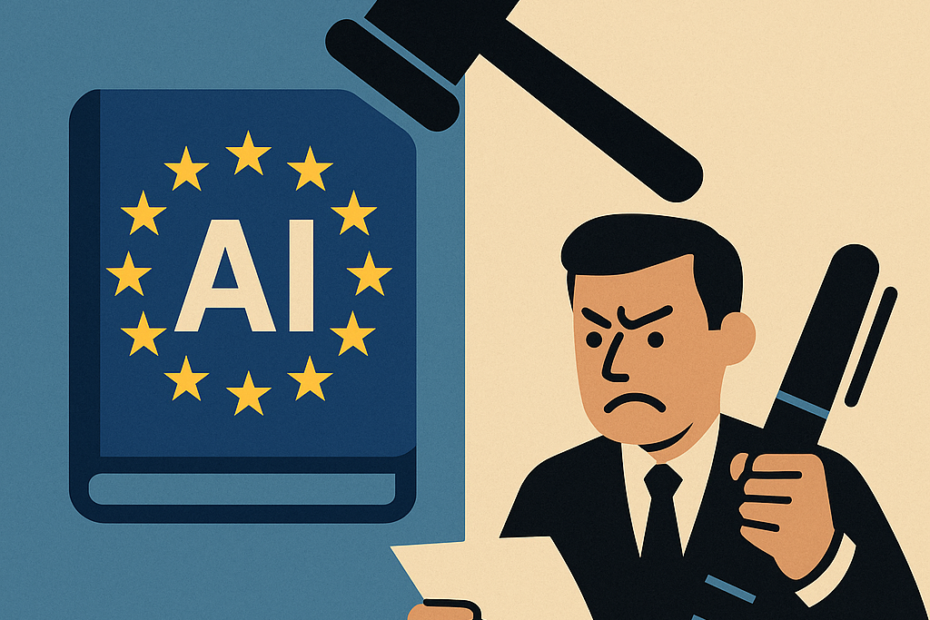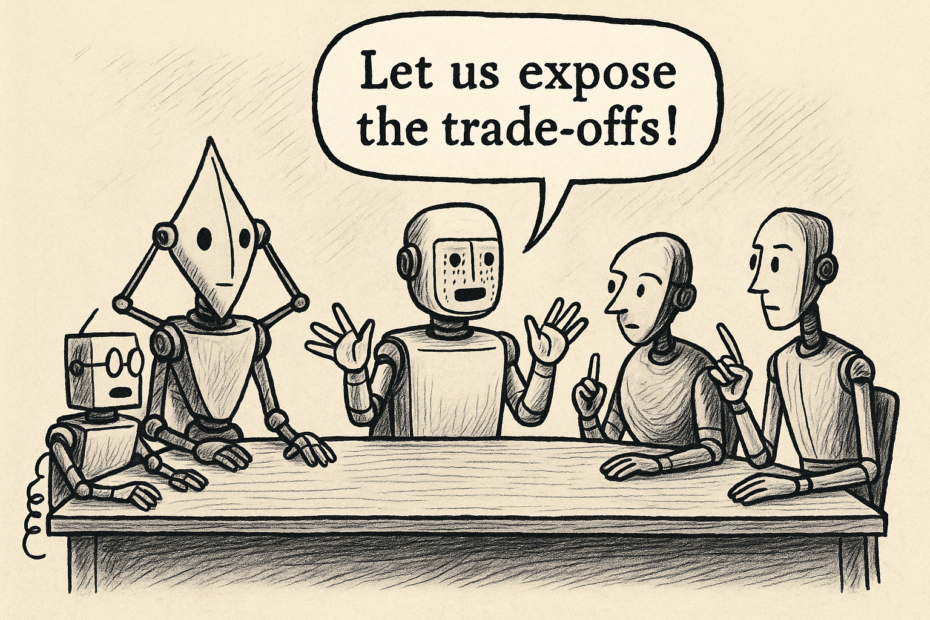Practically Prompted #2 – Regulating the Regulators: Europe’s New AI ‘Code of Practice’ and the Ethics of Voluntary Compliance
This is the second in a trial blog series called “Practically Prompted” – an experiment in using large language models to independently select a recent, ethically rich news story and then write a Practical Ethics blog-style post about it. The text below is the model’s work, followed by some light human commentary. See this post for the… Read More »Practically Prompted #2 – Regulating the Regulators: Europe’s New AI ‘Code of Practice’ and the Ethics of Voluntary Compliance









